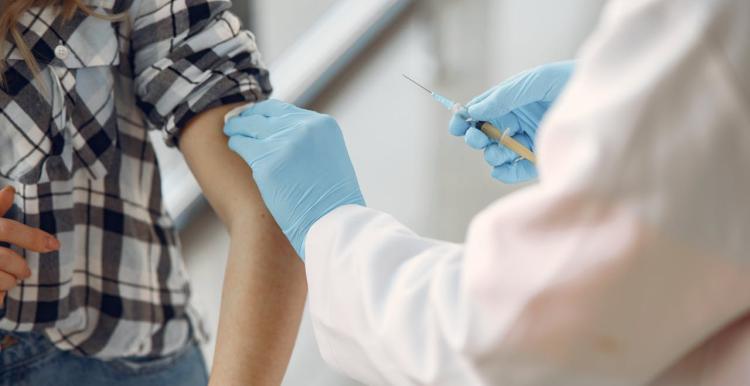Changes to who is eligible for the COVID vaccine

The changes to eligibility were made on the advice of a group of independent experts called the Joint Committee on Vaccination and Immunisation (JCVI).
Last year the jab was offered free to anyone 65 years old and over and those with chronic or long-term conditions. The changes this year mean that many people with conditions such as diabetes, heart disease, respiratory illnesses, asthma and severe mental illness will no longer automatically qualify.
In addition, pregnant women and frontline health and social care workers will not be offered the jab automatically for free this autumn.
Who is now eligible?
A dose of the COVID vaccine will now only be offered this autumn to:
- People aged 75 years and over
- Residents in care homes for older people
- Anyone aged 6 months and over in a clinical risk group.
This can include if you:
- Have or had blood cancer, such as leukaemia, lymphoma or myeloma
- Have had an organ transplant, bone marrow transplant or stem cell transplant
have HIV - Have a genetic disorder that affects your immune system, such as severe combined immunodeficiency (SCID)
- Are having or recently had chemotherapy, biological therapy or radiotherapy
- Are taking steroid medicine (depending on the dose)
- Are having long-term immunosuppressive treatment for a condition such as lupus, rheumatoid arthritis, inflammatory bowel disease (IBD), scleroderma or psoriasis.
This list is a summary and does not include everything. Speak to your local pharmacy, GP surgery or specialist if you're not sure if you're eligible for the COVID vaccine.
According to the BBC, the JCVI said COVID was now a "relatively mild disease for most people", with rates of hospitalisation and death having "reduced significantly".


